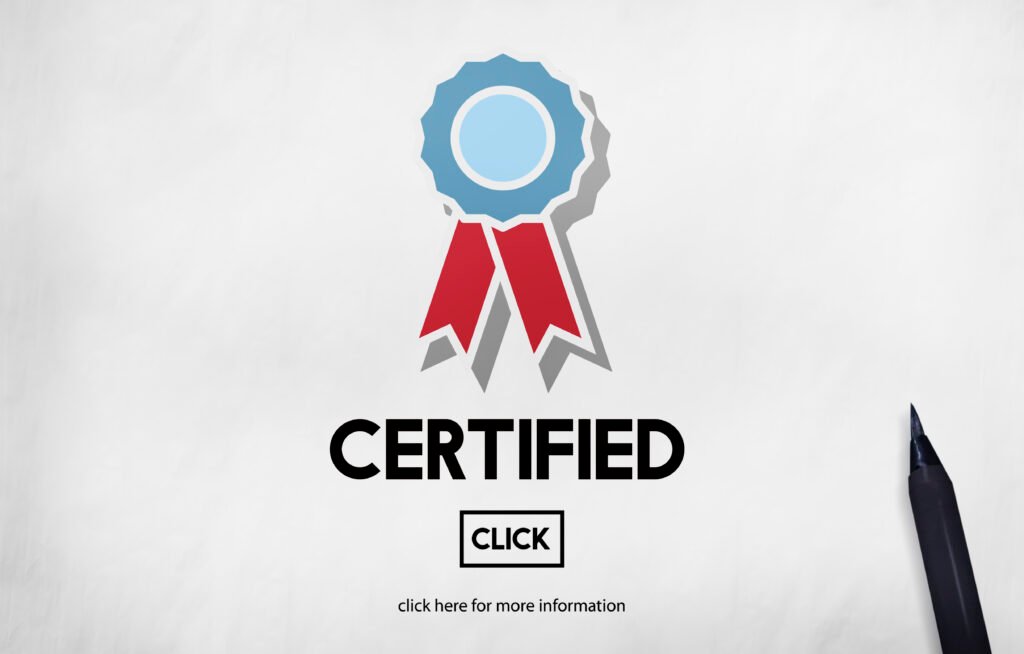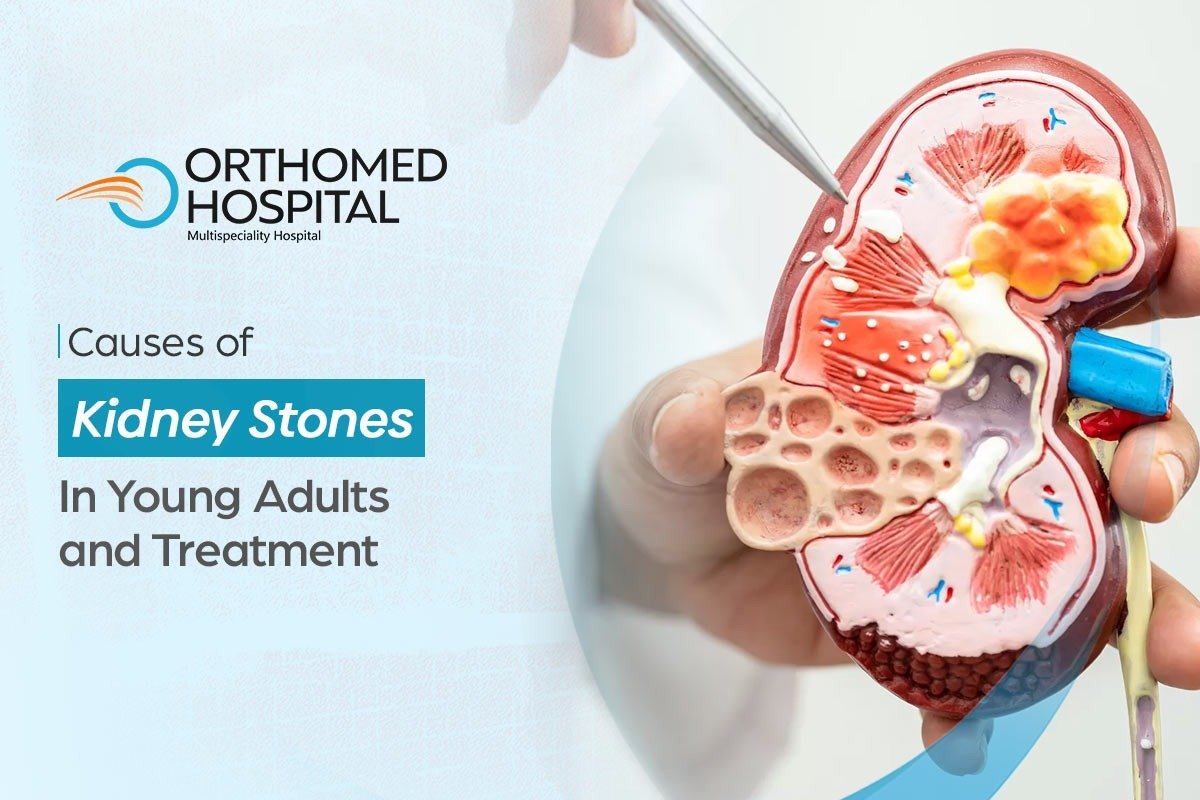
- Home
- About
- Services
- Specialists
- Research
- Achivements
- gallery
- contact








- Home
- About Us
- Orthopedics
- Know Your Alignment
- Sports Medicine
- Knee
- Arthroscopic ACI Cartilage Transplant
- Arthroscopic ACL Avulsion Fixation
- Arthroscopic ACL Primary Repair
- Arthroscopic ACL Reconstruction – All Inside Technique
- Arthroscopic ACL Rehab
- Arthroscopic ACL Revision Surgery
- Arthroscopic ACL Single Bundle Reconstruction
- Arthroscopic assisted MPFL Reconstruction
- Arthroscopic assisted Multiple Ligament Tear – SURGERY
- Arthroscopic Medial Meniscal Repair
- Arthroscopic OATS Chondroplasty
- Arthroscopic OCD Fixation
- Arthroscopic Paediatric ACL Reconstruction
- Arthroscopic PCL Avulsion Fixation
- Arthroscopic PCL Reconstruction
- Arthroscopy Assisted STEM Cell Cartilage Transplant
- PCL Rehabilitation
- Total Knee Replacement
- Shoulder
- Arthroscopic Rotator Cuff Repair
- Arthroscopic Bankart Repair
- Arthroscopy Assisted Latarjet Surgery
- AC Joint Fixation
- Arthroscopic Capsular Release
- Arthroscopic Sub – Acromial Decompression (SAD)
- Arthroscopic Calcific Tendinitis Excision
- Arthroscopic Biceps Tenodesis
- Arthroscopic SLAP Repair
- Arthroscopic Revision Cuff Repair
- Arthroscopic Revision Bankart Repair
- Shoulder Rehab
- Elbow
- Wrist
- Hip
- Ankle
- Our Specialities
- Cardiology
- Gastroenterology
- Radiology
- Internal Medicine & Diabetology
- Anesthesiology & Intensive Care Unit
- Neurology
- Nephrology
- Urology
- Oncology
- Rheumatology
- Endocrinology
- General Surgery
- Laparoscopic Surgery
- Podiatric / Diabetic Foot Clinic
- Obstetrics & Gynecology
- ENT
- Plastic & Cosmetic Surgery
- Paediatrics
- Pulmonology
- Psychiatry
- Vascular Surgery
- Dermatology
- Oral and Maxillofacial Surgery
- Our Services
- Resource
- Enquiry


- Home
- About Us
- Orthopedics
- Know Your Alignment
- Sports Medicine
- Knee
- Arthroscopic ACI Cartilage Transplant
- Arthroscopic ACL Avulsion Fixation
- Arthroscopic ACL Primary Repair
- Arthroscopic ACL Reconstruction – All Inside Technique
- Arthroscopic ACL Rehab
- Arthroscopic ACL Revision Surgery
- Arthroscopic ACL Single Bundle Reconstruction
- Arthroscopic assisted MPFL Reconstruction
- Arthroscopic assisted Multiple Ligament Tear – SURGERY
- Arthroscopic Medial Meniscal Repair
- Arthroscopic OATS Chondroplasty
- Arthroscopic OCD Fixation
- Arthroscopic Paediatric ACL Reconstruction
- Arthroscopic PCL Avulsion Fixation
- Arthroscopic PCL Reconstruction
- Arthroscopy Assisted STEM Cell Cartilage Transplant
- PCL Rehabilitation
- Total Knee Replacement
- Shoulder
- Arthroscopic Rotator Cuff Repair
- Arthroscopic Bankart Repair
- Arthroscopy Assisted Latarjet Surgery
- AC Joint Fixation
- Arthroscopic Capsular Release
- Arthroscopic Sub – Acromial Decompression (SAD)
- Arthroscopic Calcific Tendinitis Excision
- Arthroscopic Biceps Tenodesis
- Arthroscopic SLAP Repair
- Arthroscopic Revision Cuff Repair
- Arthroscopic Revision Bankart Repair
- Shoulder Rehab
- Elbow
- Wrist
- Hip
- Ankle
- Our Specialities
- Cardiology
- Gastroenterology
- Radiology
- Internal Medicine & Diabetology
- Anesthesiology & Intensive Care Unit
- Neurology
- Nephrology
- Urology
- Oncology
- Rheumatology
- Endocrinology
- General Surgery
- Laparoscopic Surgery
- Podiatric / Diabetic Foot Clinic
- Obstetrics & Gynecology
- ENT
- Plastic & Cosmetic Surgery
- Paediatrics
- Pulmonology
- Psychiatry
- Vascular Surgery
- Dermatology
- Oral and Maxillofacial Surgery
- Our Services
- Resource
- Enquiry



- Home
- About Us
- Orthopedics
- Know Your Alignment
- Sports Medicine
- Knee
- Arthroscopic ACI Cartilage Transplant
- Arthroscopic ACL Avulsion Fixation
- Arthroscopic ACL Primary Repair
- Arthroscopic ACL Reconstruction – All Inside Technique
- Arthroscopic ACL Rehab
- Arthroscopic ACL Revision Surgery
- Arthroscopic ACL Single Bundle Reconstruction
- Arthroscopic assisted MPFL Reconstruction
- Arthroscopic assisted Multiple Ligament Tear – SURGERY
- Arthroscopic Medial Meniscal Repair
- Arthroscopic OATS Chondroplasty
- Arthroscopic OCD Fixation
- Arthroscopic Paediatric ACL Reconstruction
- Arthroscopic PCL Avulsion Fixation
- Arthroscopic PCL Reconstruction
- Arthroscopy Assisted STEM Cell Cartilage Transplant
- PCL Rehabilitation
- Total Knee Replacement
- Shoulder
- Arthroscopic Rotator Cuff Repair
- Arthroscopic Bankart Repair
- Arthroscopy Assisted Latarjet Surgery
- AC Joint Fixation
- Arthroscopic Capsular Release
- Arthroscopic Sub – Acromial Decompression (SAD)
- Arthroscopic Calcific Tendinitis Excision
- Arthroscopic Biceps Tenodesis
- Arthroscopic SLAP Repair
- Arthroscopic Revision Cuff Repair
- Arthroscopic Revision Bankart Repair
- Shoulder Rehab
- Elbow
- Wrist
- Hip
- Ankle
- Our Specialities
- Cardiology
- Gastroenterology
- Radiology
- Internal Medicine & Diabetology
- Anesthesiology & Intensive Care Unit
- Neurology
- Nephrology
- Urology
- Oncology
- Rheumatology
- Endocrinology
- General Surgery
- Laparoscopic Surgery
- Podiatric / Diabetic Foot Clinic
- Obstetrics & Gynecology
- ENT
- Plastic & Cosmetic Surgery
- Paediatrics
- Pulmonology
- Psychiatry
- Vascular Surgery
- Dermatology
- Oral and Maxillofacial Surgery
- Our Services
- Resource
- Enquiry

Causes of Kidney Stones in Young Adults and Treatment
Kidney stones are becoming a common issue among young adults, causing unbearable pain and discomfort. Small, hard kidney stones are created when minerals and salts crystallize, causing painful urination and complications if left untreated. Although kidney stones were common among the elderly, change in lifestyle, diet, and the environment has brought the issue to the young generation.
If you experience symptoms of kidney stones, you must consult the best urologist in Chennai to get proper diagnosis and treatment. Early treatment by a physician will prevent complications and cure pain effectively.
What Causes Kidney Stones in Young Adults? There are various causes for the occurrence of kidney stones among young adults. The causes are such that they can be prevented to avoid them from forming and even reduce the risk of recurrence.
- Dehydration – One of the common causes of kidney stone formation is low water intake. When your body is dehydrated, your urine will become concentrated, and minerals like calcium, oxalate, and uric acid have an opportunity to crystallize and form stones. Busy young adults have the tendency to neglect proper intake of water, thereby increasing their chances of kidney stones.
- Excessive Intake of Processed Food – and Sugar Drinks Diets high in sodium, artificial sweetener, and consumption of processed food can lead to kidney stones. Excess sodium leads to excessive deposition of calcium in urine, and this will result in an increased risk of stone formation. Energy drinks, soft drinks, and fast foods, which are popular among young adults, have high sugar and phosphoric acid content, which can even lead to kidney stone formation.
- High Protein and Low Fiber Diets – Although protein is necessary for overall health, high intake of animal protein (red meat, poultry, eggs) can lead to excess levels of uric acid in the body, and hence the formation of kidney stones. Indigestion and mineral imbalance in absorption can also lead to low fiber diet, which increases the risk further.
- Genetics and Family History – If there is a family history of kidney stones, then your risk increases a lot. Genetic factors can affect the way your body absorbs minerals, making some prone to kidney stones. If a close relative has kidney stones, preventive measures must be taken.
- Sedentary Lifestyle – Young adults with a sedentary lifestyle, particularly those with a job or study that involves sitting for long hours, can be at increased risk of developing kidney stones. Lack of exercise is sure to lead to calcium deposits in urine, leading to stone formation.
- Excessive Use of Supplements and Medications Certain medicines and supplements, such as excessive intake of vitamin C, calcium supplements, and certain diuretics, can lead to kidney stones. Taking supplements under the guidance of the doctor and taking a balanced amount of minerals is necessary.
- Underlying Medical Conditions Certain medical conditions such as urinary tract infection (UTIs), inflammatory bowel disease (IBD), and hyperparathyroidism make you susceptible to kidney stones. If you have a medical history of these, follow-up and preventive measures are necessary.
Symptoms of Kidney Stones
Kidney stones can produce a variety of symptoms depending on their size and location. Some of the symptoms include:
- Lower back or abdominal pain
- Painful urination
- Hematuria (red, pink, or brown urine due to blood)
- Frequent urination
- Vomiting and nausea
- Cloudy or smelly urine
If you experience any of these symptoms, it is imperative to consult the best urologist in Chennai for diagnosis and treatment.
Treatment options for Kidney Stones
Treatment of kidney stones depends on size, type, and severity. Some of the most popular treatments include:
- Increased Fluid Intake and Dietary Modification- For small-sized kidney stones, increased fluid intake and dietary modification can pass the stones. Physicians may recommend:
- Drinking at least 2-3 liters of water every day
- Sodium and processed food reduction
- Increasing citrus fruit intake (lemons, oranges) to aid in breaking down stones
- Painkillers and Stone Dissolving Medicines Physicians can prescribe medicines like:
- Pain relief with painkillers (ibuprofen, acetaminophen)
- Alpha-blockers to relax the ureter’s muscles and permit the passage of the stone
- Potassium citrate to neutralize acidity and prevent regrowth of the stone
- Shock Wave Lithotripsy (SWL) – For medium-sized stones, Shock Wave Lithotripsy (SWL) is a non-surgical treatment in which high-energy shock waves are utilized to break up the stones into small fragments, which pass naturally.
- Ureteroscopy and Laser Lithotripsy – If the kidney stone is too big to pass, a ureteroscope (a thin, flexible tube with a camera) is inserted into the urinary tract to locate the stone. A laser is then utilized to break it into fragments. This is a minimally invasive procedure and leads to quick recovery.
- Percutaneous Nephrolithotomy (PCNL) – For large or complicated kidney stones, PCNL is a procedure in which a small incision is made in the back to take out the stone. This is usually advised when other treatments are not successful.
Prevention of Kidney Stones in Young Adults Prevention is always preferable to cure. Some of the most significant lifestyle modifications that can prevent kidney stones are:
Stay Hydrated: Drink water in huge quantities daily to dilute the urine and prevent mineral concentration.
Have a Balanced Diet: Reduce sodium, sugar, and processed food and increase fiber content in your diet.
Avoid Excessive Animal Protein: Replace excessive red meat intake with plant proteins like legumes and nuts.
Be Physically Active: Regular exercise ensures proper calcium absorption and prevents stone growth.
Supplements monitoring: Use minerals and vitamins in moderation under the guidance of a doctor.
Check-ups: If there is a history of kidney stones in your family, have check-ups done on a regular basis from a urologist.
Get the Best Urologist in Chennai for Treatment of Kidney Stones.
If you’re dealing with kidney stones, seeking professional help is crucial to avoid complications. At Orthomed Hospital, our expert urologists provide advanced diagnosis and treatment options according to your needs. From dietary guidance to clinical procedures, we ensure personalized care for every patient.
Book a consultation today with the best urologist in Chennai and take the first step toward a healthier, stone-free life!

Comments are closed